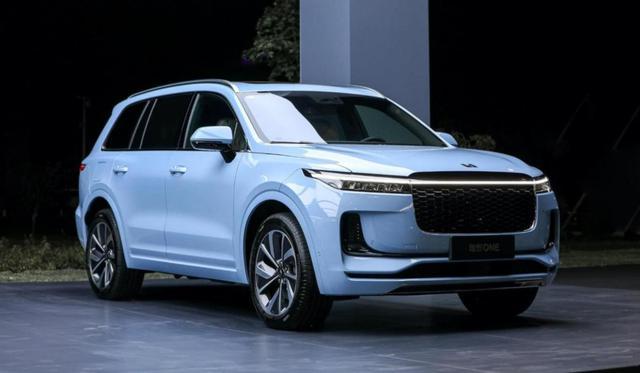Not long ago, the imaginary map of Bentley’s new pure electric SUV model was exposed. There have been reports about the electrification transformation of the Bentley brand before, and it seems that this time it is a real hammer. It is reported that over the next ten years, the Bentley brand will invest 2.5 billion pounds in sustainable development to help the brand achieve full electrification and carbon neutrality goals.
As a practitioner in the automotive industry, I have a very deep feeling about the development speed of new energy vehicles. For example, when I participated in the development of the Lili ONE model accessories, I thought it was a gimmick model. Who would have thought that the Lili ONE now sells over 10,000 a month!
The development momentum of new energy vehicles is very good now, and high-tech companies continue to enter the market one after another, but Volvo, as a traditional century-old car company, will sit idly by. Volvo Cars will reportedly invest SEK 10 billion in its Torslanda manufacturing plant in Sweden over the next few years to prepare for the production of the next generation of fully electric vehicles.
The upgraded Torslanda plant will produce next-generation pure electric vehicles for Volvo customers with longer range, faster charging and lower costs, as CEO Håkan Samuelsson said: “Through these This investment will take us another important step towards the future of fully electric vehicles and prepares us for the production of more advanced, higher-quality electric Volvos.”
To achieve this, the Torslanda manufacturing facility will introduce new technologies and manufacturing processes. This includes the casting process for large aluminum body parts that Tesla is proud of.
Why is it specified that the Torslanda plant will introduce the casting of large aluminum body parts? Because large-scale casting is of great significance to electric vehicles, it can be regarded as the most important key technology for electric vehicles in addition to battery technology.
After the introduction of the casting process for large aluminum body parts, the Torslanda plant will cast the main components of the car’s chassis structure into a single aluminum part, which not only saves weight, but also reduces energy consumption and improves the car’s range. mileage.
In addition, large-scale casting can also reduce the complexity of the manufacturing process, which means that the transformed factory can also save costs in terms of material use and logistics, and can also reduce the overall environmental impact of the manufacturing process and supply chain, allowing new energy vehicles to be more efficient. The production process is also more environmentally friendly.
Volvo itself, as one of the first world automakers to invest in this process, has already accumulated sufficient technical capabilities and experience to maximize the advantages of large-scale casting processes to create cost-effective new energy vehicles for the new generation. The new energy vehicles set a new benchmark!
It seems that Volvo’s 10 billion Swedish kronor is definitely worth the money. It not only brings new opportunities to the half-century-old factory, but also gives itself more advantages on the new energy track.
Volvo will build high-quality premium electric vehicles at the new Torslanda plant. At the same time, the new Torslanda plant will also contribute to Volvo’s long-term development plan, propelling Volvo to become an all-electric car company by 2030. So, do you think Volvo’s 10 billion yuan is worth it?

